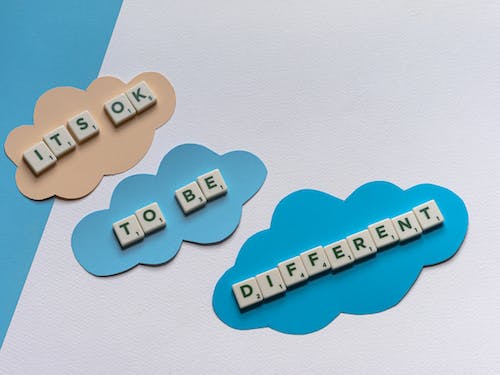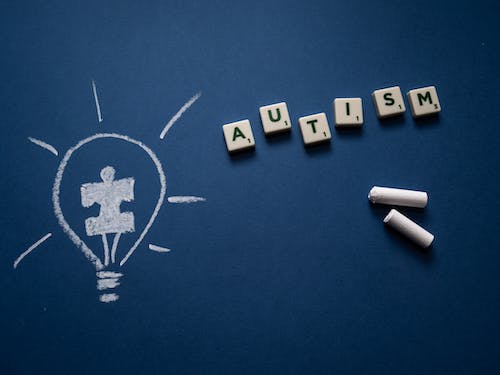Autism spectrum disorder comes in many different forms and can’t be generalized. Symptoms of autism in adults are different compared to children, so it’s harder to get a diagnosis. Here are the common differences in autism spectrum disorder in children and adults.
Autism In Children
Autism in children can be diagnosed as early as 18 months. The diagnosis is usually based on unusual behavior in children, such as difficulty in displaying emotions, repetitive behaviors, lack of attachment to parents, and extreme reactions.
However, these symptoms don’t guarantee a child is on the autism spectrum. In many cases, these behaviors are how children act at times. Besides, there are different types of autism, so generalizing it won’t help you find a solution either. The best course of action is to get a proper diagnosis.
Common Symptoms
The most common symptom is a lack of proper behavior development.
Some common signs and symptoms can include not responding to their names, having trouble interacting with others, and engaging in repetitive behaviors. Autistic children may also avoid eye contact and feel most comfortable when following a routine. They can also be non-verbal and refuse attempts of communication.

Autism In Adults
Sometimes signs of autism aren’t that pronounced as a child, and you might not get a diagnosis until later in life. As an adult, getting an autism diagnosis is a bit harder because people get accustomed to their habits and behaviors, and it’s hard to differentiate them from potential symptoms. As a result, most adults aren’t even aware of their autism and are less likely to get diagnosed and receive proper treatment.
Common Symptoms
The most common sign of autism in adults is problems with communication. A person with autism may have a hard time understanding the context behind tones, words, sarcasm, and different hand gestures. They may take things literally, which can lead to misunderstandings when communicating. Some people might also experience sensory issues and difficulty adapting to different routines. Autistic people also have highly specific interests, and it’s hard for them to try new things.
Find Resources on Different Types Of Autismby Visiting Helping Miami’s Website
On Helping Miami’s website, you can find several resources related to autism. We list educational and diagnostic resources regarding autism spectrum disorder. Besides that, you can also find resources for mental health help in Miami, DUI victim assistance programs, and educational assistance. Our website lists detailed blogs to help the residents of Miami find welfare programs. Read our blogs today to learn more!

